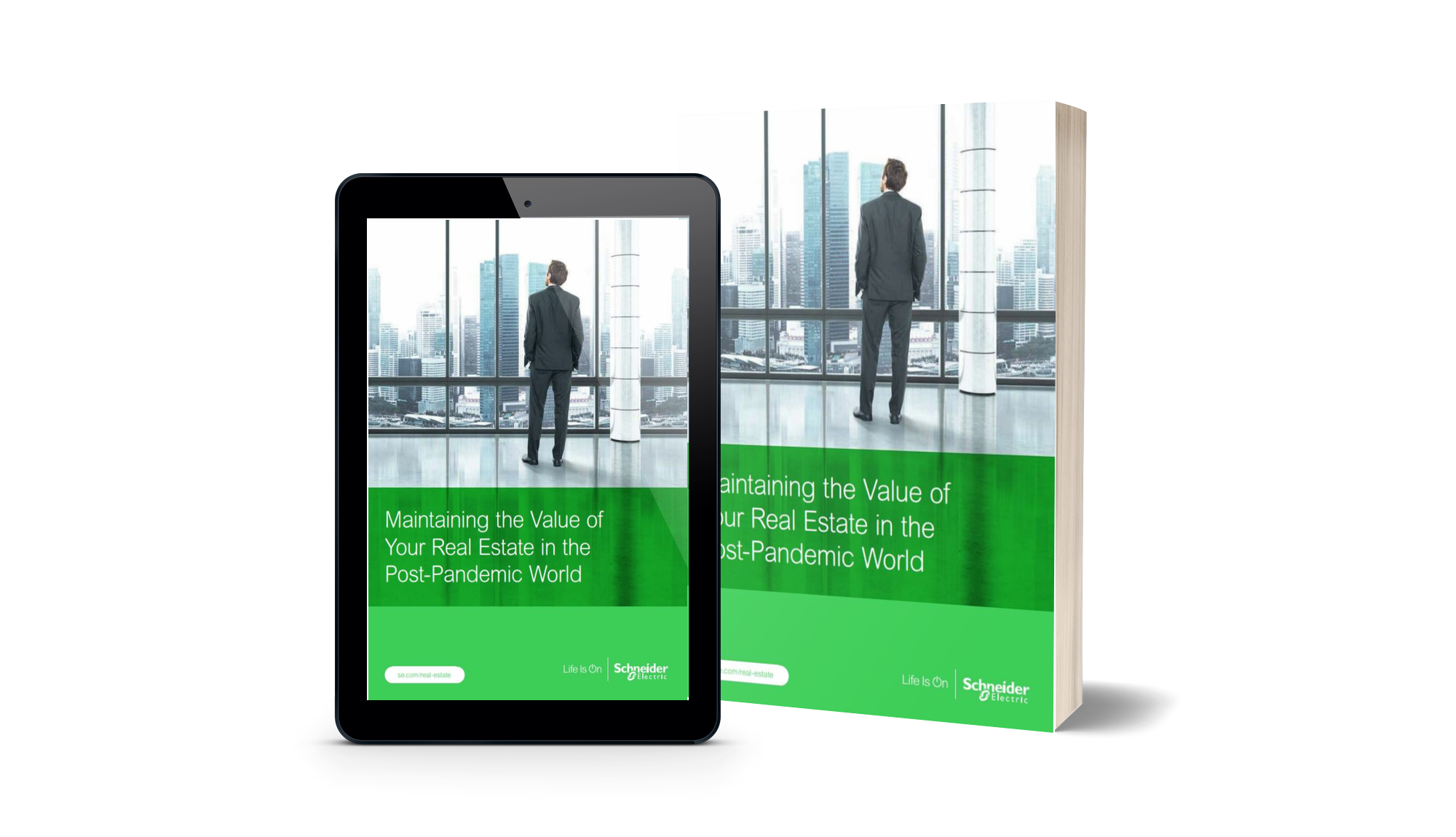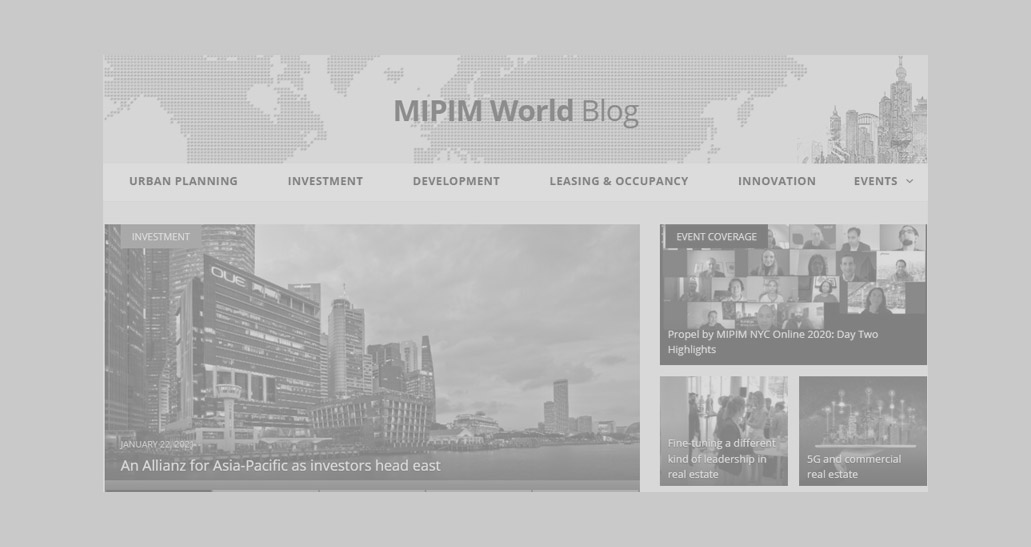In his 2018 letter to CEOs, BlackRock Founder, Chairman and CEO Larry Fink wrote, ‘society is demanding that companies, both public and private, serve a social purpose. To prosper over time, every company must not only deliver financial performance, but also show how it makes a positive contribution to society. Companies must benefit all of their stakeholders, including shareholders, employees, customers, and the communities in which they operate.’ After some fifty years of businesses being required to focus solely on making a profit for shareholders, business with a purpose is the order of the day.

Maintaining the Value of Your Real Estate in the Post-Pandemic World
This changing attitude to corporate responsibility is epitomised by the B Corporation (B Corp) movement, which started in the USA in 2006 and is committed to pursuing purpose beyond making a profit. There are currently over 400 certified B Corps in the UK and more than 3,500 worldwide, including well-known brands such as Patagonia, Innocent, The Body Shop and Abel & Cole. A handful of UK property companies are now coming through the accreditation process.
At Mishcon de Reya we have been legal partners of B Lab, who administer the B Corp accreditation process, since they came to the UK some five years ago and we use their processes in the management of our business.
To become a B Corp, companies have to go through a granular B Impact Assessment process, which evaluates every aspect of the company, and allows businesses to review where they sit with all their stakeholders, including their employees and their community.
It provides a clear and detailed picture of the integrity of the social contract on which they depend.
In order for a property company to gain accreditation, it has to start with the intention of doing social good. It is certainly not something that can just be grafted on as a box ticking exercise. A B Corp has to amend its constitution to state that it is working for the benefit of all stakeholders including employees and the local community, not just its shareholders. There is also a commitment to the process of constant improvement as the company is re-evaluated every few years. It is a very transparent process as the ratings in each category are there for everyone to see on the website. Transparency is not something the real estate sector has traditionally been good at, so it is likely be an issue and could involve a change of culture for the real estate sector, where opacity has traditionally been the order of the day.
I recently had the pleasure of hosting a podcast interview with Basil Demeroutis, Managing Partner at UK based real estate investment company FORE Partnership who have attained B Corp accreditation. We discussed what it means to be a property company with a social purpose. An engineer by training, Demeroutis describes himself as a ‘problem solver’. Although real estate is responsible for 40% of global carbon emissions, he sees real estate as part of the solution to climate change rather than part of the problem. FORE is one of only a few UK real estate companies so far to have achieved B Corp accreditation and to have committed to achieving the highest standards of social and environmental performance, public transparency, and legal accountability with a view to balancing profit and social purpose.

Maintaining the Value of Your Real Estate in the Post-Pandemic World
It is good to see real estate companies join this global movement to use business as a force for good, particularly, as Demeroutis points out in our interview, it is within the four walls of real estate that much of the magic in life happens. FORE have also committed to a particularly ambitious target of being carbon net zero by 2025. This is more achievable for FORE than for some of the larger, less nimble property companies.
Being a B Corp involves changing the way you do business. It involves understanding and accounting for the impact of your social and environmental relationships, and also those in your supply chain. These things have typically not been considered from a business critical point of view, and therefore, not only are they often not measured, but the management systems and technologies need to be created.
For the younger generation coming through B Corp accreditation is compelling. I spoke to Elliot Gold co-founder of flex operating business, Work.Life who are going through the B Corp process. He said,
‘In short – it’s the right thing to do as a young business, a great benefit for our members, and you’ll be left behind if you don’t do it!
We’re a young workspace business with a passion for people and the positive impact happy people can have on business success. Being physical space, we also play an important role within our local communities and on the environment. Our spaces are a hub for small businesses, many looking to become certified themselves, so being able to claim that their workspace is certified is also a great benefit for our members and potential members.’ He added,
‘in my opinion, five years from now, businesses who aren’t B Corp certified will struggle to grow. As part of the process, we started auditing our suppliers and preferring those who are certified over those who aren’t. Ocado recently launched a whole page dedicated to B Corp certified products which we use for our consumable supplies. As more and more businesses join the B Corp community, then there will be no reason to do business with anyone who isn’t certified.’
Could this growing commitment to put people and planet alongside profit help the real estate industry overcome some of its perception issues and win back public trust? The British Property Federation‘s 2019 survey found that only 27% of the general public had a favourable view of the sector so there is room for improvement.
Ultimately, the decision as to whether to become a B Corp may be taken out of the hands of property companies as investors, tenants and potential employees increasingly see B Corp status as a positive benefit.



